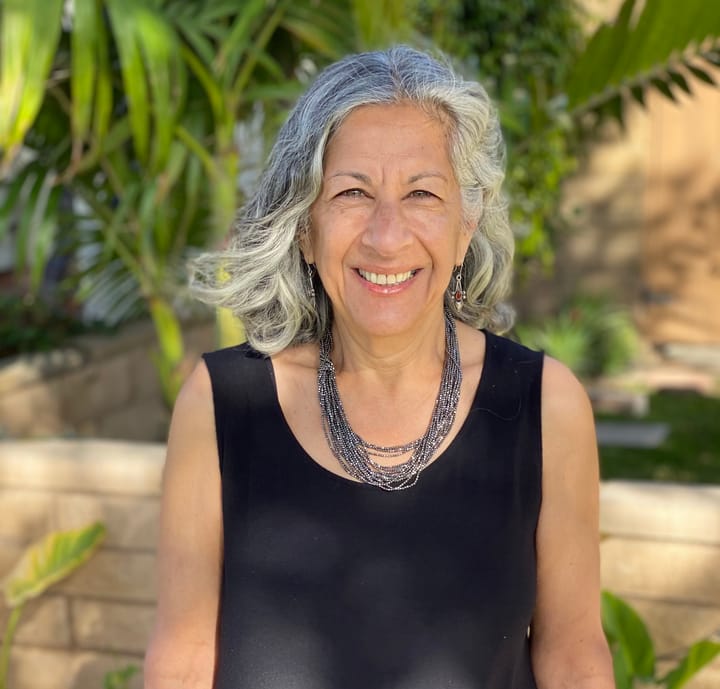College Adopts Reproductive Health Certificate
On April 19, the college announced that it would offer a Five College certificate program in Reproductive Health, Rights and Justice (RHRJ), available immediately for interested students.
The certificate, which was established in 2014 by faculty at the other four colleges of the consortium, offers an integrative study of the impact of reproductive policies on communities in the U.S. and transnationally. The curriculum combines six courses framed with historical, scientific and sociological perspectives, along with a special project in which students engage directly with community-based learning.
According to Chair of Sexuality, Women’s and Gender Studies Amrita Basu, who is one of the steering committee members for the Five College RHRJ program, Amherst had intended on approving the certificate earlier, but bureaucratic requirements delayed its authorization.
“Amherst approved it this year partly because we’ve been delayed in addressing other issues,” said Basu. “For any certificate to be approved here, it has to go through a number of hoops. It has to go through the CEP [Committee for Educational Policy] and the Committee of Six, and then it has to come before the faculty. It’s taken a while, but I was really pleased that the faculty unanimously supported it.”
As with all Five College certificate programs, interested students will be assigned a faculty advisor to discuss specific pathways they can take in accomplishing the certificate and exploring reproductive issues outside of the classroom. Students are also encouraged to cross-register for courses on other campuses to receive a diversity of perspectives and expertise on the subject.
Basu emphasized the value of the program when speaking of its design. “I think it’s important because of the extent of student interest,” she said. “There were something like 70 students who signed a petition in 2017, and since then, there are many more students who have written to me expressing interest.”
“I also think that the way the certificate is framed is really valuable. It focuses not just on reproductive rights, but also on reproductive health and justice, which is a much more expansive understanding of reproductive matters than some people adopt,” she added. “Understanding all three is a really important area of knowledge scholarship, but also, for some students, it’s a link to professional work they might want to do in public health or advocacy, for example.”
Basu also pointed to the interdisciplinary nature of the certificate program as one of its key advantages. “A number of STEM [science, technology, engineering and mathematics] majors expressed a great interest in the certificate. I think, for those students, they see this as a link between their science courses and some of the social issues they’d like to explore,” she said. “Conversely, for humanities students, this gives them a foray into issues of science and public health.”
Professor of History Jen Manion agreed. “This is a really exciting opportunity for Amherst College students to pursue an interdisciplinary program of study around a subject that is both timely and important,” Manion said. Manion will serve as one of Amherst’s four faculty advisers for the RHRJ certificate, along with Basu, Professor of Chemistry Sheila Jaswal and Chair of Anthropology and Sociology Leah Schmalzbauer.
Students who are interested in the certificate can attend an information session on Thursday, April 25 at 5:15 p.m. in Room 14 of Grosvenor House.




Comments ()